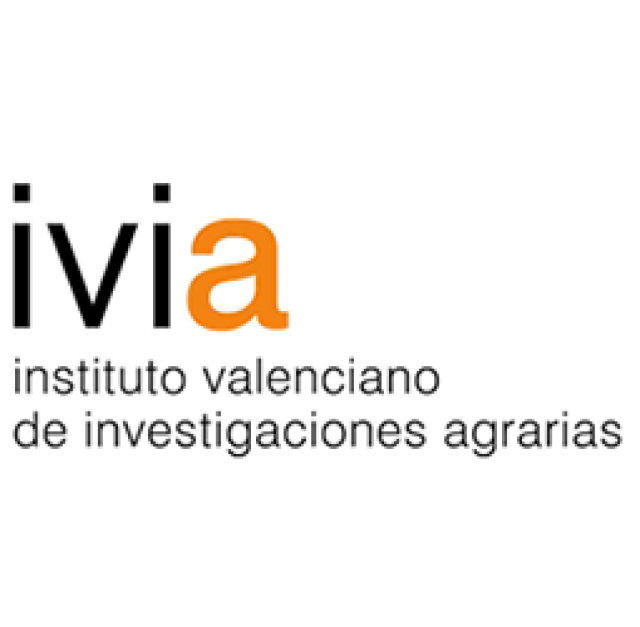- Institution: Valencian Institute for Agricultural Research (IVIA)
- Department/Service: Plant Protection and Biotechnology Center / Laboratory of Bacteriology
- Location:
Ctra. CV-315, Km 10,7
46113 Moncada (Valencia/València)
- Web: http://www.ivia.gva.es
- Contact:
Ester Marco Noales
Phone number: (+34) 963424225
e-mail: marco_est@gva.es
Collection content
Microbial group/s: Phytopathogenic bacteria
Total number of strains: >2700
Taxa (number of strains):
Acidovorax spp. (35)
Agrobacterium spp. (500)
Brenneria spp. (180)
Clavibacter spp. (100)
Curtobacterium spp. (12)
Erwinia amylovora (320)
Otras Erwinias spp. (50)
Pantoea spp. (30)
Pectobacterium spp. (210)
Pseudomonas savastanoi (364)
Ralstonia solanacearum (345)
Rhodococcus spp. (20)
Serratia spp. (10)
Xanthomonas (212)
Xylophilus (56)
Xylella fastidiosa (12)
Isolation source/Origin: Plants
Preservation methods: Previously: mineral oil and/or nutrient medium and/or water.
Later: -80°C.
Information management: La informatización de todos los fondos de la colección está en curso.
Characterization level:
In process of a polyphasic approach characterization.
Services
- Shipment of strains to the Vegetable Health Laboratories of the Autonomous Communities
- Introduction to the collection of strains from other collections
- Supply of strains that serve as a reference in projects of different national research laboratories and of the Plant Health Services of the Autonomous Communities, to be used in research and in validation of detection methods, in accreditation protocols and in different scientific publications
Expertise
Key words:
Detección, diagnóstico, epidemiología y gestión de enfermedades bacterianas.
Summary:
The IVIA collection has been supplying strains to the diagnostic laboratories of the different Autonomous Communities since its creation, as well as to different Spanish and foreign research laboratories.
Phytopathogenic bacteria are a limiting factor in many horticultural and woody crops in Spain, with some bacterial species being considered quarantine organisms in the EU (Directive 2000/29/EC) and being responsible for significant economic losses.
The maintenance of the IVIA collection allows us to ensure and expand the support that the institute's bacteriology laboratory has been providing to the Spanish agri-food sector.

